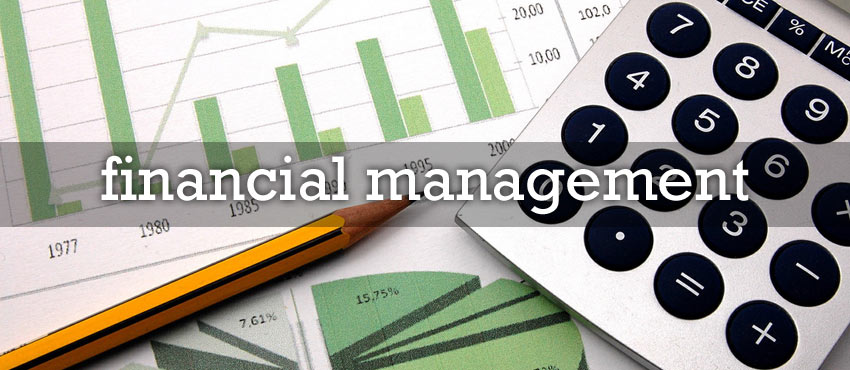Did you know that more small businesses get started during rough economic times than during prosperous ones? Some of the top-earning businesses today earned the foundations of their wealth during the Great Depression. IBM, General Electric, General Motors, and FedEx are excellent examples of such companies.

Today’s economic recession is no different. The Small Business Administration estimates that there are 27.9 million small businesses in the United States, and that new startups are trending up in 2013. If you’re going joining the entrepreneurial ranks, these three financial strategies will help you keep things running smoothly.
1. Keep Your Business and Personal Finances Separate
The worst thing you can as a small business owner is to mix your business and personal finances. Separate them now if you haven’t already done so. Tax laws make it mandatory to do this if you’ve set up your business as a corporation or LLC. It’s still important to do it if you’re a sole proprietor. Sometimes, keeping your business and personal finances separate boils down to getting a small business credit card and opening a small business checking account. Use these accounts only for business purposes. Your personal finances should likewise be kept on a personal credit card and a personal checking and/or savings account. This makes things much simpler to document and keep track of when it’s time to do taxes. With every business expense placed on a business-only account, the money trail is simple to follow should you ever get audited.
There are any number of small business credit cards on the market. While it’s important to pay off your credit card bill every month so your business doesn’t go into debt, a card with perks makes paying that monthly bill less painful. A rewards card or a cash back credit card like the one for small businesses from American Express will make you feel better about the money you spend with it.
2. Use the Freshbooks App
This is a brilliant app for the iPhone or iPad that is invaluable to small business owners on the go. It allows you to conduct important financial transactions from anywhere in the world with just a few taps on your mobile device. This means setting up a meeting with a vendor, paying an independent contractor, paying an invoice, or scheduling a delivery can be done even if you’re not in the office. Cloud computing servers store all of your accounting information so these things are available to you through the app whenever you need them. The basic version of Freshbooks is free, while the pro version varies in price according to your business needs.
3. Get a CPA
Small business taxes are a lot different from personal taxes. Unless you have special training in this area and know what you’re doing, you should always use a professional CPA to do your business’s taxes every year.
In fact, you should consult with a CPA when you first start your small business. Your CPA can give you advice on how to maximize your deductions and minimize your small business tax burden. This is advice you can incorporate into your daily business operations and it can save you a fortune. Your CPA will even be able to advise you whether it’s better for you financially to run your business as a sole proprietorship, LLC, or corporation.
Use the same CPA each year and you are secure in knowing your business is saving the most amount of tax money possible and that you’re not running afoul of any tax laws without knowing it. This is invaluable advice that you simply can’t get from software.
Photo credit: SalFalko
